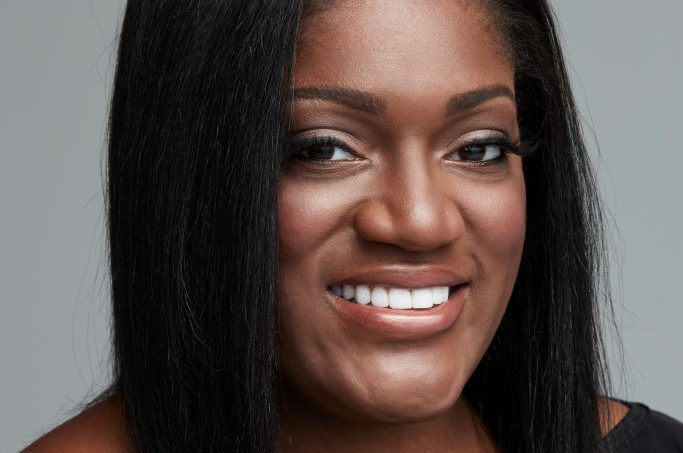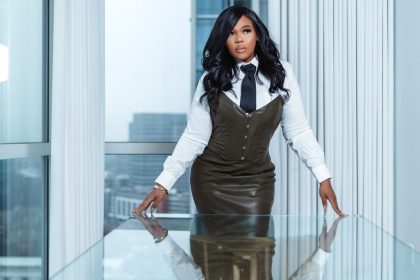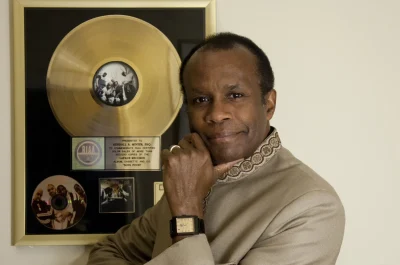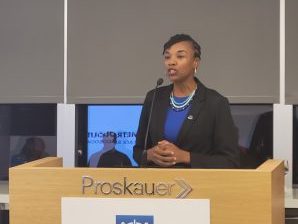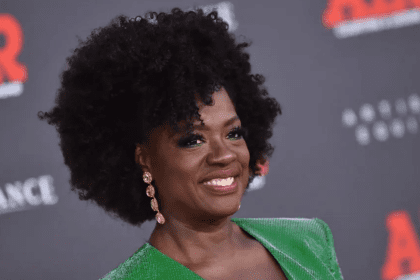
Lawyers of Color just published the Black Student’s Guide to Law Schools & Firms, the first-ever comprehensive listing of Black attorney percentages at nearly 400 law firms, including the nation’s largest firms. The research revealed that while nearly 40 law firms have over 5 percent Black attorneys, the vast majority of corporate law firms have low percentages.
The nonprofit identified over 40 firms with no Black attorneys and an additional 80 firms with less than 2 percent. Though African Americans make up about 10 percent of law school students, they comprise only 3.2 percent of law firm attorneys. In fact, African American percentages in corporate law firms have decreased even as Asian American percentages have nearly tripled and law firm profits have increased. (See our graph covering a recent 15-year span.)
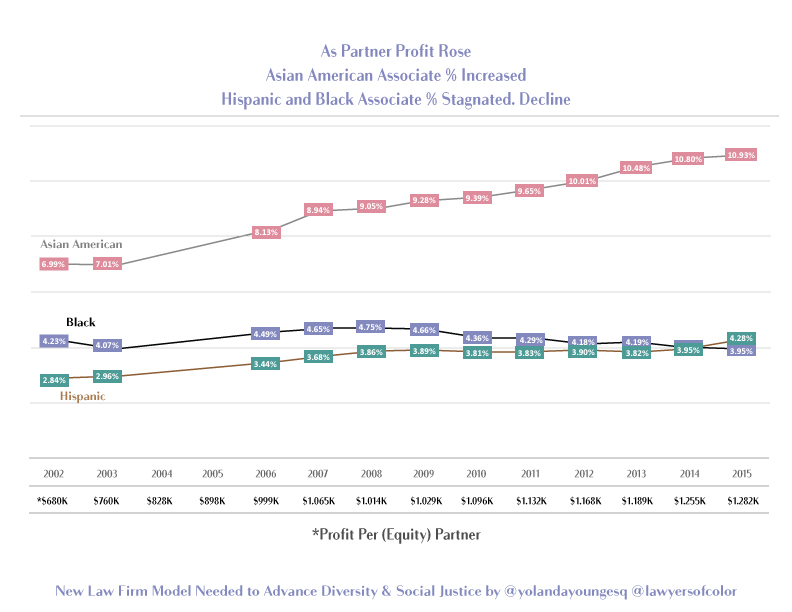
Percentages of African Americans in law firms are unlikely to grow without a push from general counsel. While GC counsel encourages law firms to increase diversity, a study by Thomson Reuters and Acritas found that only 29 percent of law departments require their outside counsel to provide diversity information. Even then there don’t seem to be consequences for law firms with low Black attorney numbers.
One thing that does appear to ensure strong Black attorney representation in law firms is having Black partners. Ben Wilson of Beveridge & Diamond PC and Kenneth P. Williams of Segal McCambridge are examples of something far too rare in corporate law firms: Black partners with substantial books of business. Wilson is known throughout the legal community for his work in diversity. He is a board member on the Leadership Council on Legal Diversity and is the facilitator for the more than 6,000 members of the Diverse Partners Network. Williams serves as chair for Segal McCambridge’s diversity and inclusion committee. Not surprisingly, both of their law firms have African American attorney percentages well above the 3 percent average.
Beveridge & Diamond is one of the leading environmental law practices in the United States; however, it is still unusual for a boutique firm to have three Black partners. This is undoubtedly due to Wilson’s support. “I show black attorneys how to build a practice,” he said. Wilson does this for other attorneys as well, particularly women. “Law firms have to help people who don’t look like us,” said Wilson, who credits women with helping him build a book of business.
Diversity is also helped when firm leadership is committed. “I chair the firm’s national diversity committee because this is a personal priority. Our commitment to giving clients our best means that we deliver teams that are diverse and collaborative. We need to increase the pipeline of diverse lawyers and develop best practices to ensure a culture that is welcoming and inclusive,” said Stephen J. Immelt, CEO, Hogan Lovells.
According to Eulonda G. Skyles of BakerHostetler, support is key. “Since coming to BakerHostetler, I’ve found nothing but support,” she said. “Having that support, in combination with the opportunity to work with an extremely talented team with stellar leadership and a great industry reputation, provides me with the perfect platform to continue developing my practice.”


